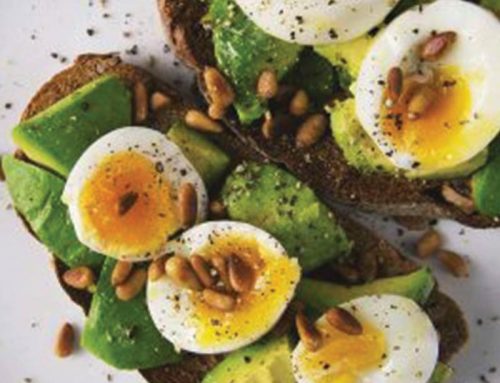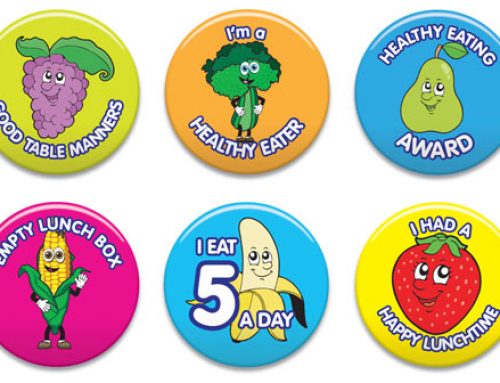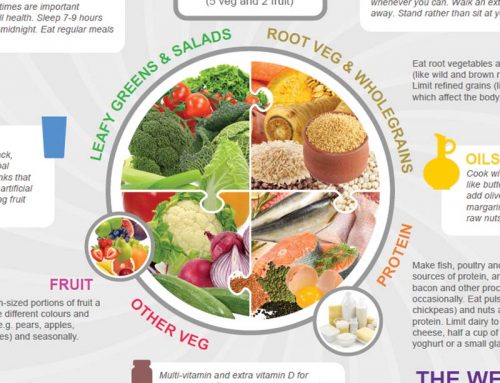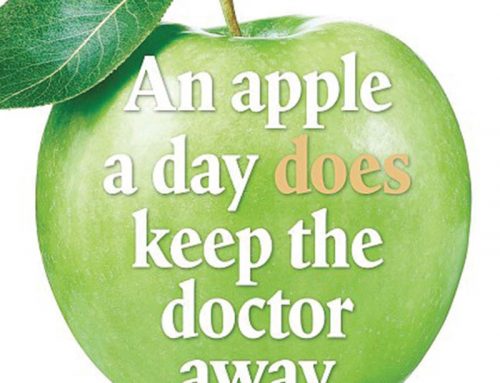End Mindless Eating
Discussion on healthy eating tends to focus on what we eat. Much less attention is paid to how we eat. Yet, if you want to have a truly healthy relationship with food and manage your weight, you’ll need to learn how to eat slowly and mindfully for the following reasons.
Firstly, when you eat slowly, your brain has time to register when you’re full. Research shows that there is a time delay of up to twenty minutes between when your stomach fills up and your brain registers that you’re full. The more slowly you eat, the more time you give your brain to register that you’re full so that it can signal you to stop eating.
The second reason is that when you eat mindfully – and by that I mean when you pay attention to what and how much you’re eating and savour each mouthful – you are much more likely to feel satisfied when the food is gone.
Mindless eating can be defined as eating food without paying adequate attention to what and how much is being eaten. Eating mindlessly undermines healthy eating and weight management by causing you to eat too much, make poor food choices and lose touch with feelings of hunger and fullness. It’s rare you’ll feel satisfied after eating something mindlessly.
Are you a mindless eater?
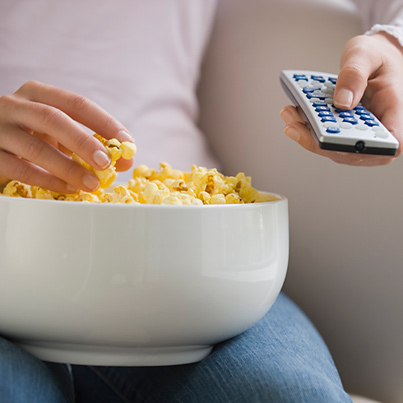
Have you every eaten a meal whilst watching TV or on your computer and then felt disappointed and dissatisfied when the food was gone? You may have thought “where did it go? I feel like I’ve hardly eaten anything’. Or, you may have looked down at an empty packet of biscuits and hardly remember eating them. Perhaps you eat on the run whilst completing various tasks or getting from one place to the other…..
If this sounds like you, I’d strongly suggest that you start engaging in some simple ‘mindful eating’ practises as set out below. If you tune into your body whilst eating, you’ll enjoy your food so much more and will be more likely to feel full and satisfied with less food.
How to become a mindful eater
Eat sitting down – The best way to become more conscious of everything you put in your mouth is to only ever eat sitting down. Most of the eating people do whilst standing up is impulse eating. So, for example, nibbling on something you see when opening the fridge to get something else out, grabbing a chocolate as you walk past an open box sitting on your colleagues table, or, taking little nibbles as you prepare food or clean up after meals.
There’s a real tendency to think that little nibbles here or there whilst going about your business don’t actually count or won’t have any consequences. But here’s the thing, all the little nibbles here and there do count and will have consequences. So, it’s important that you make every bite count.
Not only will eating sitting down make you feel more physically satisfied, it will also make you feel more psychologically satisfied if you see a full meal or snack spread out in front of you rather than grabbing bites here or there whilst on the move.
Eat slowly – There are several reasons why it’s important that you eat slowly. As previously mentioned, the slower you eat, the more time you give your brain to register that you’re full. In addition, eating slowly, allows time for you to really notice and savour every mouthful and enhances the digestive process.
To help you slow down, I’d suggest that you take note of the time at the beginning and end of a chosen meal. Once you have a rough idea of how long it takes you to eat a meal, you can work to prolong the time little by little at subsequent meals where possible.
A good way to train yourself to eat slower is to make a point of putting your utensils down a couple of times during the meal and taking a break from eating for a minute or two. Take a few deep breaths, have a sip of water or engage in some conversation before you resume eating. Take small bites and chew well.
Pay attention to what you’re eating – If you’re distracted while you eat, it will reduce the degree of satisfaction you get from your food. Do what you can to eat in a relaxed environment and where possible, turn off or move away from media devices such as TV, laptops, tablets, smart phones etc. This way you can focus intently on your food. Notice the flavour and texture of everything you eat and savour each bite.
Hone your skills – Try eating without distraction for one meal a day or even for a couple of meals a week to help you master the skill of eating slowly and paying attention to your food. Then incorporate these skills into your normal eating conditions as best you can. The idea is to minimise distractions when you eat, but ultimately, you’ll need to be able to eat slowly and mindfully even if you cant control your environment e.g. being distracted by kids, colleagues etc.
In the beginning you’ll have to make a conscious effort to eat slowly and mindfully, but, with practise, it will soon become second nature to you and you’ll enjoy and digest your food all the better for it.
An extract from bestselling book ‘Goodbye Sugar’ by Elsa Jones


